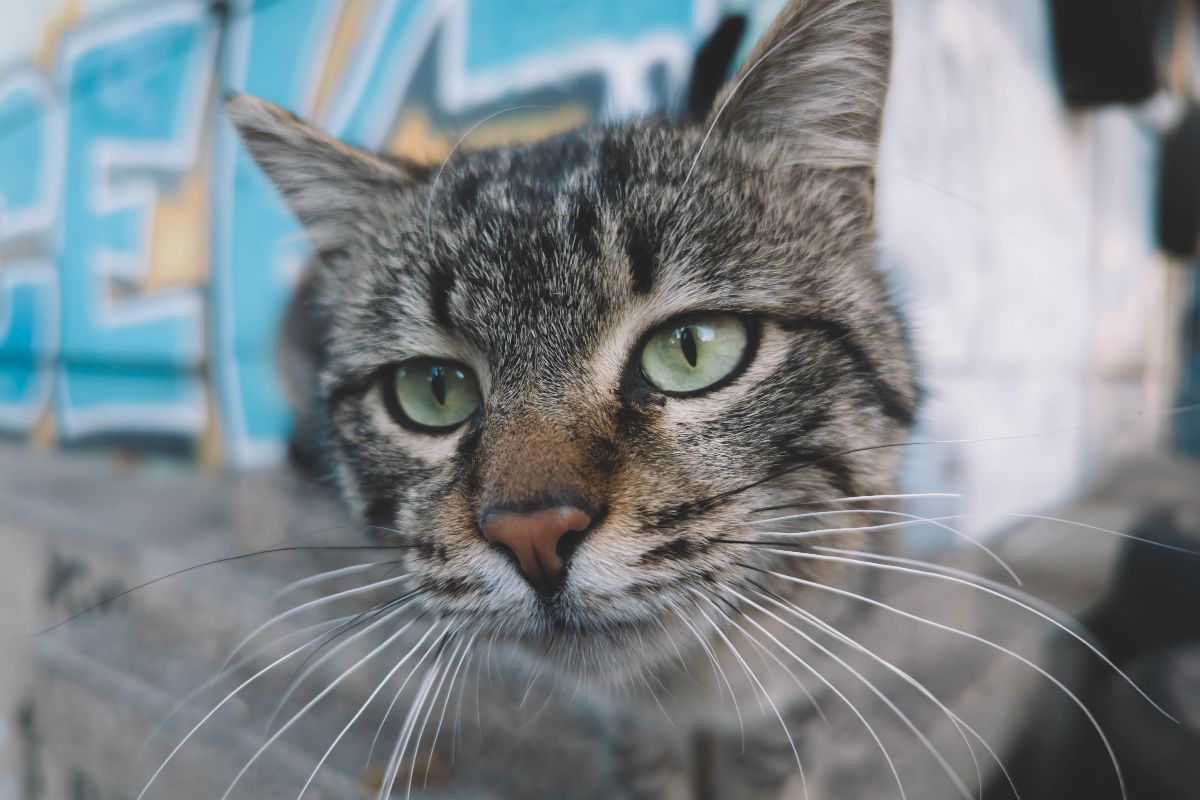
Cats are adorable creatures that bring joy to our lives. However, when their numbers swell in urban areas due to overpopulation, it can lead to significant problems. Not only does it affect the well-being of these feline friends, but it also puts a heavy strain on the finances of the local community. Lisa Winters, New York advocate, explores how cat rescue efforts can help reduce the financial burden of cat overpopulation in urban areas, making it a win-win solution for both the cats and the people who care for them.
The Cost Of Cat Overpopulation
Cat overpopulation is a problem that’s more common than you might think. Too many cats in an area can lead to several issues that cost the community a lot of money. Let’s break down some of the ways cat overpopulation can take a toll on finances:
Healthcare Costs
Stray and feral cats often lack proper healthcare. They can spread diseases like rabies, feline leukemia, and feline immunodeficiency virus (FIV). Treating these diseases can be costly if they spread to pets or humans.
Animal Control And Shelter Expenses
Municipalities are responsible for addressing the issues caused by cat overpopulation. This includes animal control, sheltering, and euthanasia services, which require significant budgets. These resources could be better spent elsewhere.
Environmental Damage
Overpopulation can lead to cats hunting wildlife. This causes damage to local ecosystems. Restoring these ecosystems is expensive and important for maintaining a healthy environment.
Property Damage
Stray and feral cats might find refuge in abandoned buildings. This can lead to property damage. Cleaning and repairing these structures can strain the city’s budget.
Complaints And Nuisances
Stray and feral cats can create disturbances. They make noise, fight, or leave unpleasant odors. This can lead to increased resident complaints, demanding city resources to address.
Cat Rescue As A Solution
Now that we understand the financial challenges of cat overpopulation let’s delve into how cat rescue efforts can alleviate these problems.
Spaying And Neutering
Spaying and neutering programs are one of the most effective ways to reduce cat overpopulation. These initiatives help control the number of kittens born and are often provided at low or no cost by cat rescue organizations. Municipalities can save money on animal control and sheltering services by reducing the birth rate of cats.
Healthcare Services
Cat rescue organizations typically provide healthcare services for cats in need. Addressing the health issues of stray and feral cats can prevent the spread of diseases. Doing this saves the community money in the long run by reducing the need for costly treatments.
Adoption Programs
Many cat rescue organizations have adoption programs that find loving homes for cats in need. This improves the welfare of these animals. It also reduces the burden on city shelters and associated expenses.
Educational Initiatives
Cat rescue organizations often conduct educational campaigns to promote responsible pet ownership. Educated pet owners are more likely to spay and neuter their cats. This reduces the risk of overpopulation in the first place.
Community Collaboration
Cat rescue organizations collaborate with local communities and governments to tackle the problem. This collaboration can result in sharing costs and allocating resources more efficiently. The combined effort reduces the financial burden on communities and helps address cat overpopulation effectively.
Economic Benefits Of Cat Rescue
Beyond addressing the financial burden of cat overpopulation, we should consider other economic benefits to cat rescue efforts.
Tourism And Community Image
A city that actively supports cat rescue and humane treatment of animals can attract tourists and new residents who value these initiatives. A positive community image can result in economic benefits. These benefits include increased tourism and a stronger local economy.
Volunteer And Job Opportunities
Cat rescue organizations create job opportunities and rely heavily on volunteers. These individuals contribute their time and effort, often at no cost, to help the community’s feline population. Additionally, they bolster the local job market by employing animal care and rescue.
Property Values
Communities that control cat populations and encourage responsible pet ownership tend to become more attractive places to live. As a result, property values in these areas often rise. The increased property values benefit homeowners and can lead to stronger local economies.
Reduction In Animal Control Costs
A decrease in stray and feral cats lowers animal control expenses. This cost reduction frees up resources for local governments. These resources can then be directed toward addressing more urgent community issues.
Final Thoughts
Cat rescue initiatives are a vital solution to the financial burden of cat overpopulation in urban areas. Lisa Winters, New York advocate, says these programs, encompassing spaying and neutering, healthcare, adoption, and education, save money and offer economic benefits such as improved community image, job opportunities, and increased property values. Collaborating with cat rescue organizations and promoting responsible pet ownership can create a more financially sustainable and healthier environment for urban communities. Supporting these efforts is a win-win situation, saving cats and money for the entire community.









